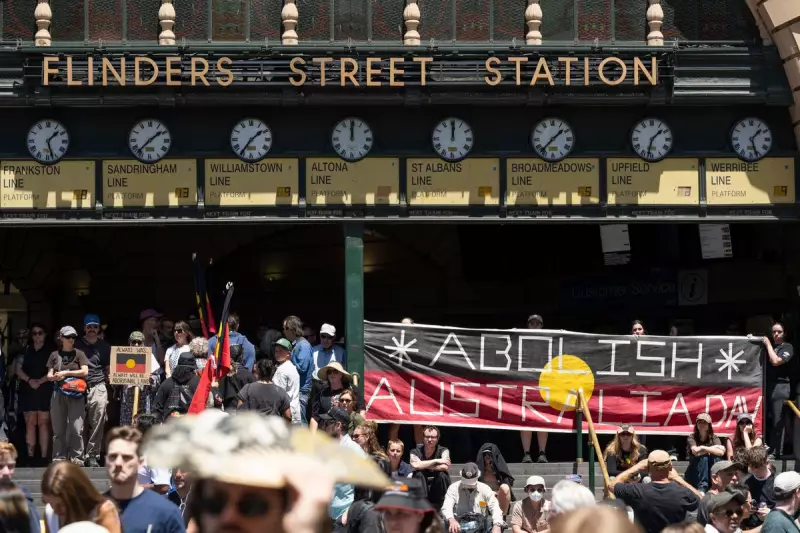
In a landmark moment for Australia, the state of Victoria has signed the nation's first-ever treaty with its Aboriginal peoples. The historic agreement, inked on Thursday, 13 November 2025, by Premier Jacinta Allan in Melbourne, represents a profound step towards reconciliation and justice for First Nations people.
A New Chapter for Victoria
The treaty delivers a formal, state apology for historical injustices and establishes a new framework for Indigenous oversight on matters that directly impact their communities. Premier Allan heralded the signing as the dawn of a new era, stating it proves that ancient Indigenous law and modern democratic institutions can coexist.
"When people have a real say over the things that impact their lives, their healthcare, housing, education, and the practice of their culture," she said at the ceremony, "their outcomes are improved and our state is made fairer." The treaty is set to take full effect on 12 December.
Addressing a Historic Lag
This move positions Victoria as a leader in a country that has notably lagged behind other former British colonies. Unlike the United States, Canada, and New Zealand, Australia had never before signed a treaty with its Indigenous inhabitants in over two centuries of colonisation.
The treaty process in Victoria, which began with discussions in 2016, gained renewed urgency after a 2023 national referendum to establish an Indigenous advisory body failed. The treaty seeks to address the stark disparities faced by Australia's roughly one million Indigenous citizens, who consistently trail national averages on key socioeconomic indicators.
The Treaty's Framework and Future Impact
The agreement establishes the First Peoples' Assembly as a permanent representative body to advise the Victorian government on laws and policies concerning Indigenous people. While the assembly will not possess veto power, its creation ensures a formal voice in policymaking.
The treaty also mandates the formation of a "truth-telling" commission and an independent accountability panel to ensure the government upholds its commitments. Co-chair of the Victoria First Peoples’ Assembly, Ngarra Murray, described the event as a "turning point in our nation’s history," a moment to heal old wounds and build relationships on truth and mutual respect.
Echoing this sentiment, former Social Justice Commissioner Mick Gooda expressed his profound happiness, stating, "Finally the government’s taken notice of what Aboriginal people need to move forward... The world hasn't changed that much, and all it means is that Aboriginal people have been recognised in Victoria, and that's a lesson for the rest of Australia."





